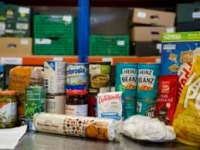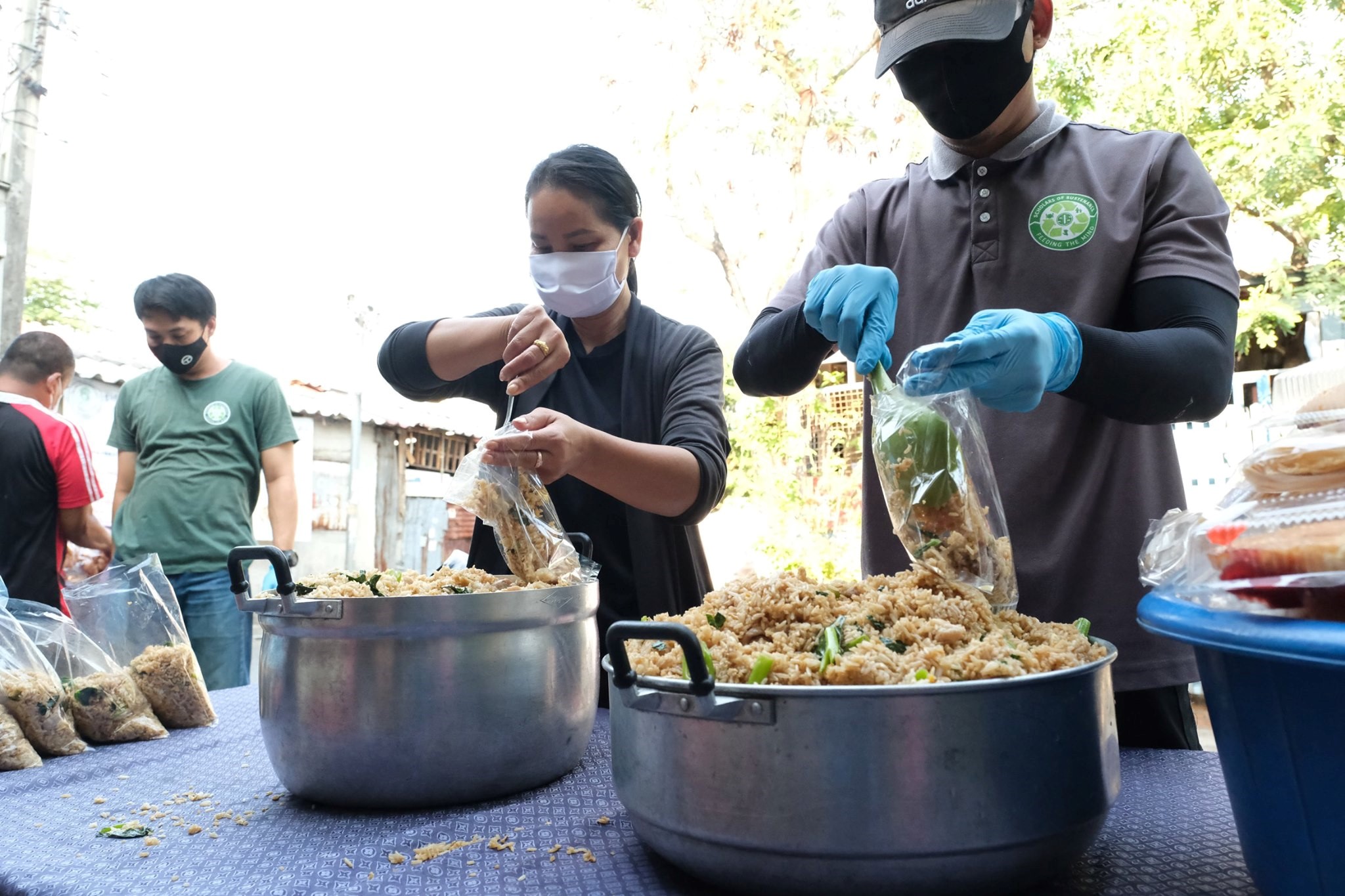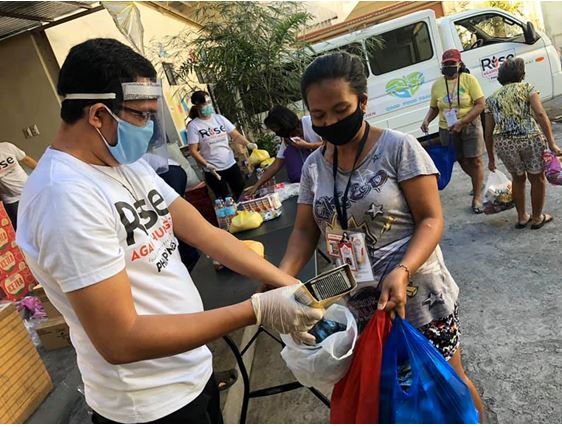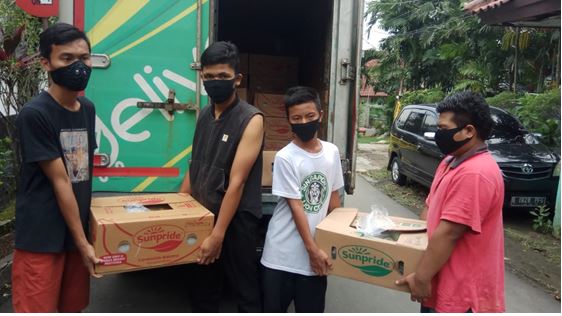Strains on Global Food Banks Showing and Food Prices Increasing Internationally
Saturday 23 May, 2020 Written by Simon Collyer
FOOD BANKS - As lockdowns loosen, the economic devastation caused by COVID-19 remains. In many places, people are now paying significantly more for food due to supply chain disruptions caused by the pandemic. This trend, compounded by the steep rise in unemployment worldwide, is making it more difficult for many families to put food on the table. So says the Global Food Banking Network.
Food banks in 44 countries are reporting a 50-100 percent increase in demand for service, according to a pulse survey conducted last week by The Global FoodBanking Network (GFN). Nearly all say that they need significantly more food, and that key staples like rice, wheat, and pulses are in high demand.
As lockdowns loosen, the economic devastation caused by COVID-19 remains. In many places, people are now paying significantly more for food due to supply chain disruptions caused by the pandemic. This trend, compounded by the steep rise in unemployment worldwide, is making it more difficult for many families to put food on the table.
Food banks in 44 countries are reporting a 50-100 percent increase in demand for service, according to a pulse survey conducted last week by The Global FoodBanking Network (GFN). Nearly all say that they need significantly more food, and that key staples like rice, wheat, and pulses are in high demand.
Karen Hanner, Director of Food Sourcing and Strategic Partnerships, explains the challenges food banks face:“ On one hand, because of the disruptions in the food service supply chain, food banks must access all the perishable food they can, as quickly as it becomes available. In the short term, here is an abundance of nutritious food with a limited shelf life that needs to be moved from one place to the next. On the other hand, food cannot be distributed in communities through normal charity partners. There are limits in congregate feeding, so many food banks must take food directly to families and this is hard to do with perishable food. Many food banks must purchase more staple items to distribute more widely and efficiently.”
Food price increases mean more expenses for food banks, during a time when financial donations are down, and need is surging. The price of rice – a key staple in many households across the world – climbed 11 percent in Thailand and 6.6 percent in Peru since March, for example. The cost of overall food items soared by 4.4 percent in Argentina and 2.6 percent in the United States, the latter of which was the highest rate of increase in more than fifty years.
Thailand has been especially affected by the shutdown of the tourism industry. The food bank there, which is purchasing rice for its meal kits, is struggling to expand service while food prices shoot up. “The desperation in some communities are becoming larger as the crisis goes on. The job is to listen to these communities and see how we can maximize the impact of our contributions,” said Bo H. Holmgreen, Founder and CEO of Scholars of Sustenance. The organization desperately needs more support for logistics to continue relief.

Image: Courtesy of Scholars of Sustenance Thailand
Rise Against Hunger Philippines is working around the clock to respond to both the changes in the food supply chain and the increasing volume of people requesting food. “During ‘normal’ times, 70 percent of Filipino households are already food insecure, and 85 children die of hunger every day in the Philippines. The Covid-19 crisis will worsen this situation,” warned Jomar Fleras, Executive Director of Rise Against Hunger Philippines.
Rise Against Hunger Philippines works with local government organizations to do house-to-house food distributions. In two months, the food bank has reached over 20,000 families and 31 hospitals and is working with more food manufacturers than ever before. And to help offset the effects of hoarding at stores, the organization increased its distribution of personal care products to vulnerable communities.
Image: Courtesy of Rise Against Hunger Philippines.
In Indonesia, FoodCycle recovered and redistributed surplus cooked food from wedding and banquet venues before COVID-19. Because of the health crisis, special events have taken a pause, drying up the food bank’s primary source of donations. Now, the organization works directly with food companies, and uses incoming financial support to purchase products they cannot get from donations. They also assemble and distribute emergency parcels directly to struggling families in Indonesia.
Image: Courtesy of FoodCycle Indonesia
The Global Foodbanking Network is increasing their monitoring of food prices whilst working to reduce waste.
ABC Note, In the UK there are demands for a rent freeze as clearly a lot of peoples incomes have fallen dramatically and there are concerns that people will go hungry if they pay their rent as priority.
ABC Comment, have your say below:

Leave a comment
Make sure you enter all the required information, indicated by an asterisk (*). HTML code is not allowed.
Join
FREE
Here












